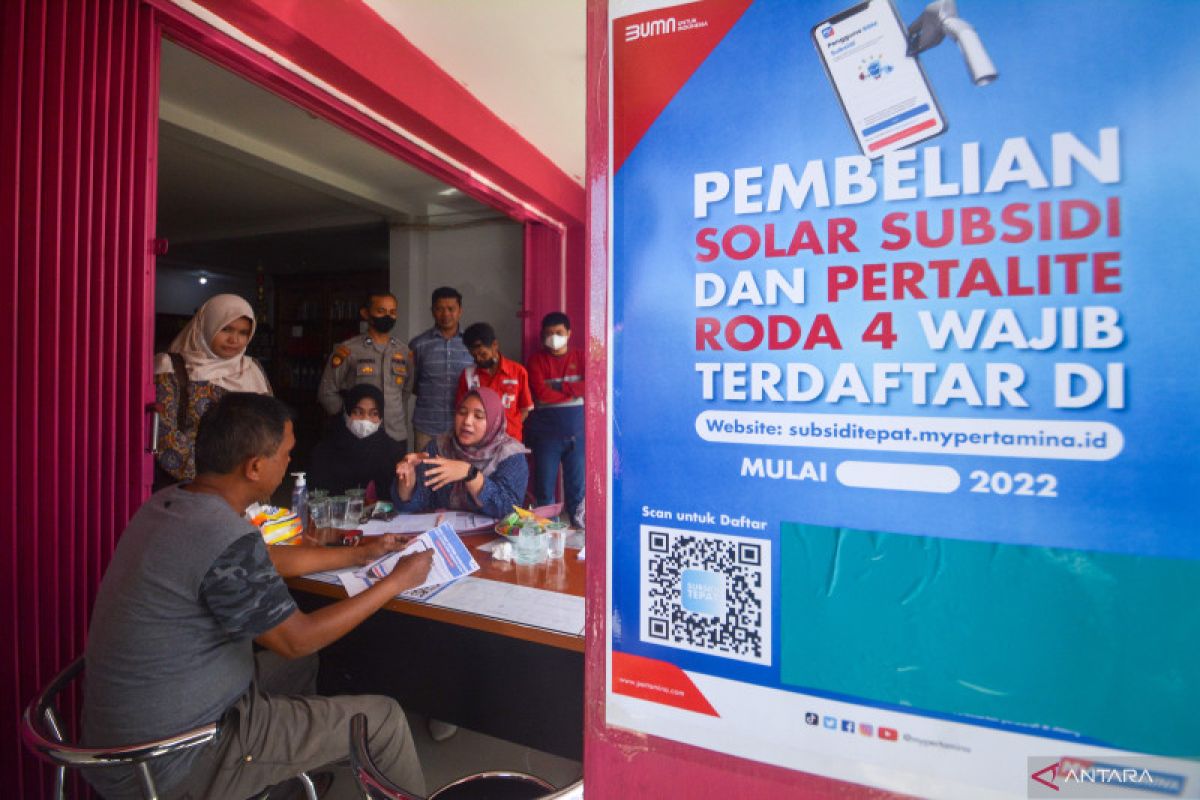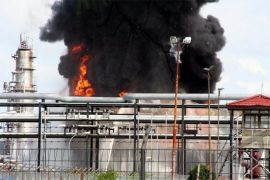If, for instance, (the prices) are raised now, then they will significantly contribute to inflation, which will eventually lower the purchasing power.Jakarta (ANTARA) - An increase in subsidized fuel oil prices may significantly impact inflation and reduce the people's purchasing power, an economist has predicted.
"If, for instance, (the prices) are raised now, then they will significantly contribute to inflation which will eventually lower the purchasing power,” Fahmy Radhi from Gadjah Mada University (UGM) said on Friday.
He expressed the hope that more measurable efforts will be made to restrict the distribution of subsidized fuel oils instead of adjusting prices so that the oil subsidy is on target.
Based on data, nearly 60 percent of fuel oil subsidies, including for Pertalite gasoline and diesel oil, have missed the target, he noted.
If the government succeeds in restricting the distribution of subsidized fuel oil, then it could save on subsidies. Hence, it would not need to raise fuel oil prices.
Earlier, President Joko Widodo had said that his government is currently subsidizing Pertalite gasoline using energy subsidies in the state budget (APBN).
"Our country is still able to refrain from raising Pertalite price. We are still strong and we pray that our APBN will remain strong to provide subsidies. If it is no longer strong, then what we will do?” he asked while addressing the peak commemoration of the 29th National Family Day in Medan, North Sumatra.
The President noted that the geopolitical condition in Europe has had an impact on food, oil, and gas prices in all countries.
Global crude price has almost doubled to US$110–120 per barrel from US$60 per barrel before the start of the COVID-19 pandemic, he said.
Related news: Govt must prepare strategies to contain rising inflation: observer
Related news: Indonesia's inflation rate lowest among countries: minister
Translator: Asri Mayang Sari, Suharto
Editor: Rahmad Nasution
Copyright © ANTARA 2022










